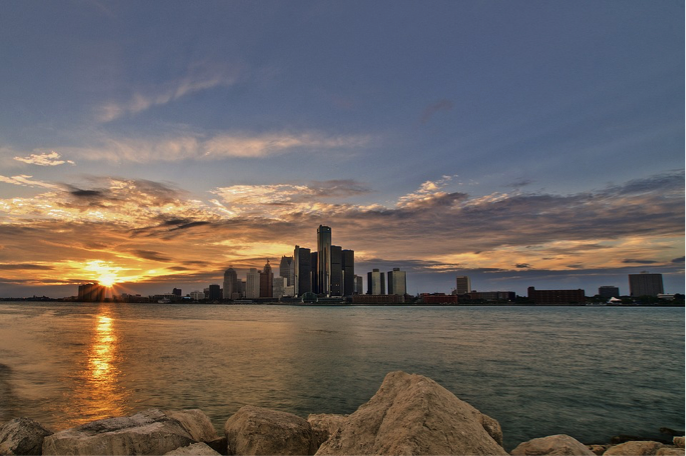The public health and economic crisis we are all experiencing is like no other in recent history. Such an extreme event requires an extraordinary response. In the world of utilities, all over the country electricity and natural gas suppliers are taking the rare step of suspending disconnections of service for non-payment and waiving late fees and other charges, among other steps to prevent a bad situation from becoming far worse.
On April 15, the Michigan Public Service Commission (MPSC) made the wise decision not to rely on voluntary utility actions, but to instead issue an order requiring utilities to affirm that they are putting certain minimum protections in place, such as:
- Suspending disconnections for low-income and senior customers through June 1
- Waiving deposits and reconnection fees for low-income customers, seniors and “customers experiencing financial hardship related to COVID-19”
- Extending “flexible payment plans” to customers undergoing hardship
As necessary as these steps are, the Citizens Utility Board (CUB) of Michigan has now filed comments with the MPSC requesting that the commission go farther to protect customers.
Other groups have pointed out very important problems with Michigan utilities’ response to the pandemic so far. For example, the Energy and Policy Institute has a blog post explaining how DTE and Consumers Energy have said they are only suspending disconnections for low-income and senior customers, not for all customers. (Also, check out the Michigan Environmental Council’s report on what all of the state’s utilities have said they are doing for customers in response to COVID-19.)
We hope our comments add more ideas for how to protect regular Michigan households in this frightening time. Here is a brief summary of some key points:
Suspending disconnections, waiving fees and offering payment plans is a start, but without further action, after June 1 residential customers may be hit with a backlog of unpaid bills. The customers are still liable for what they did not pay in the period that ends June 1. Considering how many people have lost their jobs, it is very possible that some households have had to sacrifice paying their utility bills in order to make ends meet on a month-to-month basis. The result can be that households build up an amount of debt that would be difficult for some low-income households to pay off even in normal times.
CUB asks the MPSC to consider what several other states like New York and New Jersey offer already: a path to debt forgiveness for customers. For example, New Jersey has a program called Fresh Start, which forgives participants’ arrearages if they pay monthly bills in full and on time for a year.
Our comments also ask the MPSC to clarify what they mean by “customers experiencing financial hardship,” and if this category is separate from low-income and senior customers. Also, does the suspension of disconnection for non-payment apply to these customers experiencing hardship, and if not, why not?
One wrinkle in the effort to expand consumer protections at this time is that the MPSC does not have regulatory control over municipally-owned utilities (like the Lansing Board of Water & Light) or wholesale power suppliers, and has partial control over retail cooperatives. Because there is no reason why all customers, regardless of type of utility, should not receive these same protections in this time of unprecedented difficulty, CUB joined with Attorney General Dana Nessel in a call for all munis and co-ops to voluntarily comply with the terms of the MPSC’s order.
The Michigan Public Service Commission is currently urging any residential customers struggling to pay their utility bills to seek help right away by contacting their utility about payment plans. Michigan residents can also call 211 or visit www.mi211.org to be connected with available energy assistance programs.

